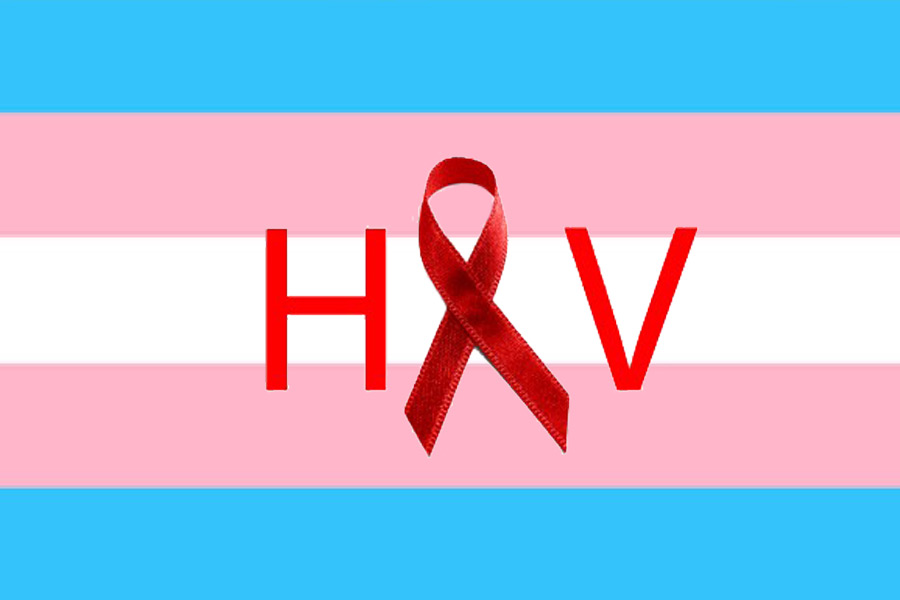When Shante Miller began as a regional resource coordinator with the U.S. Department of Health and Human Services, she wanted to know how groups that received Ryan White funding for HIV/AIDS care served transgender populations.
She remembered a superior telling her, “The data you need is not really collected.”
“I was really interested to see all 10 of us started reporting on this at the same time,” Miller said of her colleagues at each regional office of Health and Human Services. “When the prevention strategy was updated through 2020, transgender people were included.”
The National HIV/AIDS Strategy, released over the summer, is a policy document that outlines methods to curb HIV infections and health disparities.
Miller shared the inclusion of trans people in discussions of HIV education, prevention and treatment at an April 28 event as part of the 17th annual Philadelphia Black Pride celebration. About 45 people attended the lunch at the African American Museum of Philadelphia in Old City.
Mayor Jim Kenney opened the event.
He said that, over the decades, it’s become easier to advocate for fair treatment for lesbian, gay and bisexual people.
“But we’re not even close to treating the transgender community as human beings, as equal citizens,” he said. “We’ve got a long way to go and I’m committed to making sure that happens.”
Attendees turned their attention to the descriptions of two studies on HIV/AIDS.
Derrick Matthews from the University of Pittsburgh outlined results of a study called POWER for “promoting our worth, equality and resilience.” Data was collected from more than 5,500 people over a three-year period with 192 identifying as trans.
Results indicated that HIV prevalence was highest among black men who have sex with men (MSM) who are 40 or older.
Forty-one percent of the surveyed black MSM didn’t have prior knowledge of their HIV status. Those who were more likely to not know they were HIV-positive, the study found, were more likely to identify as bisexual, have experienced intimate-partner violence, had higher levels of internalized homophobia or had lower levels of social support. About 38 percent of black trans women were HIV-positive, and half didn’t previously know their status.
Annet Davis Vogel with the University of Pennsylvania discussed the antibody mediation prevention study, an international effort in the area of vaccine intervention to curb HIV infection, and is the first study in the field to enroll trans men.
In the ongoing study, researchers aim to observe the effects of administering the antibody VRC01, which has shown to be HIV-resistant, through an IV infusion.
“We have some evidence it might work to prevent infection, but not 100-percent proof,” Davis Vogel said.
